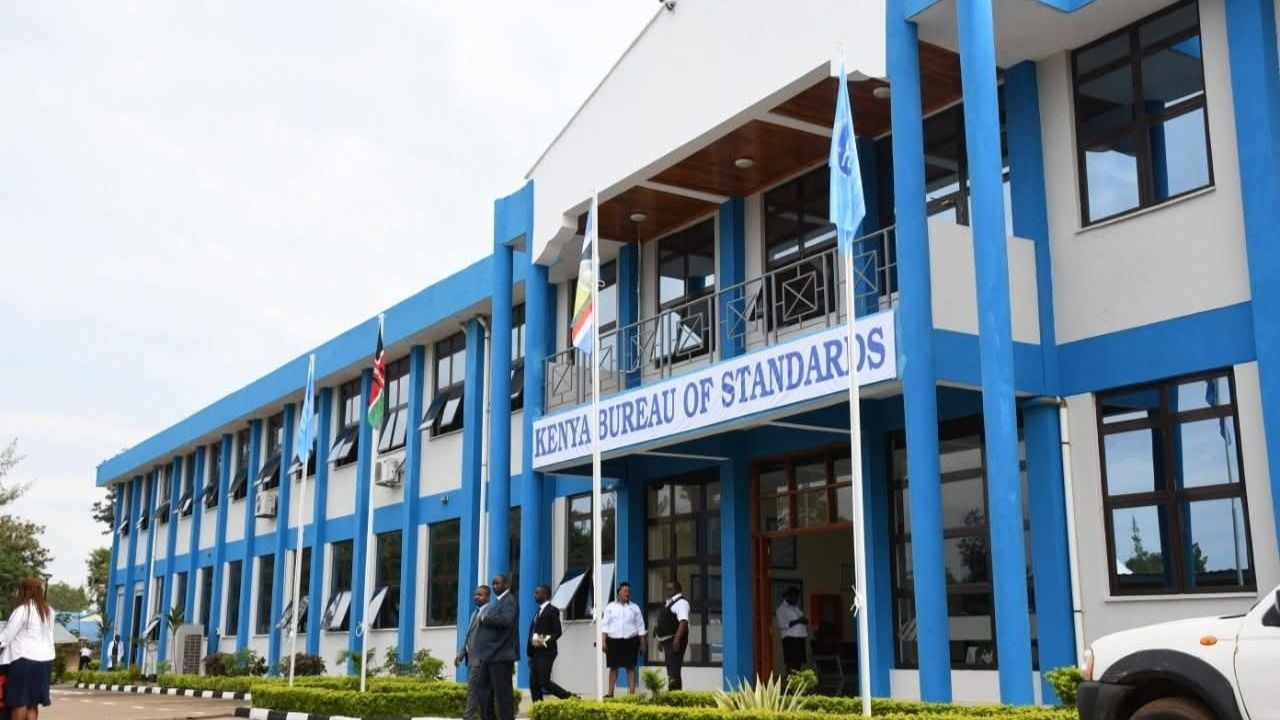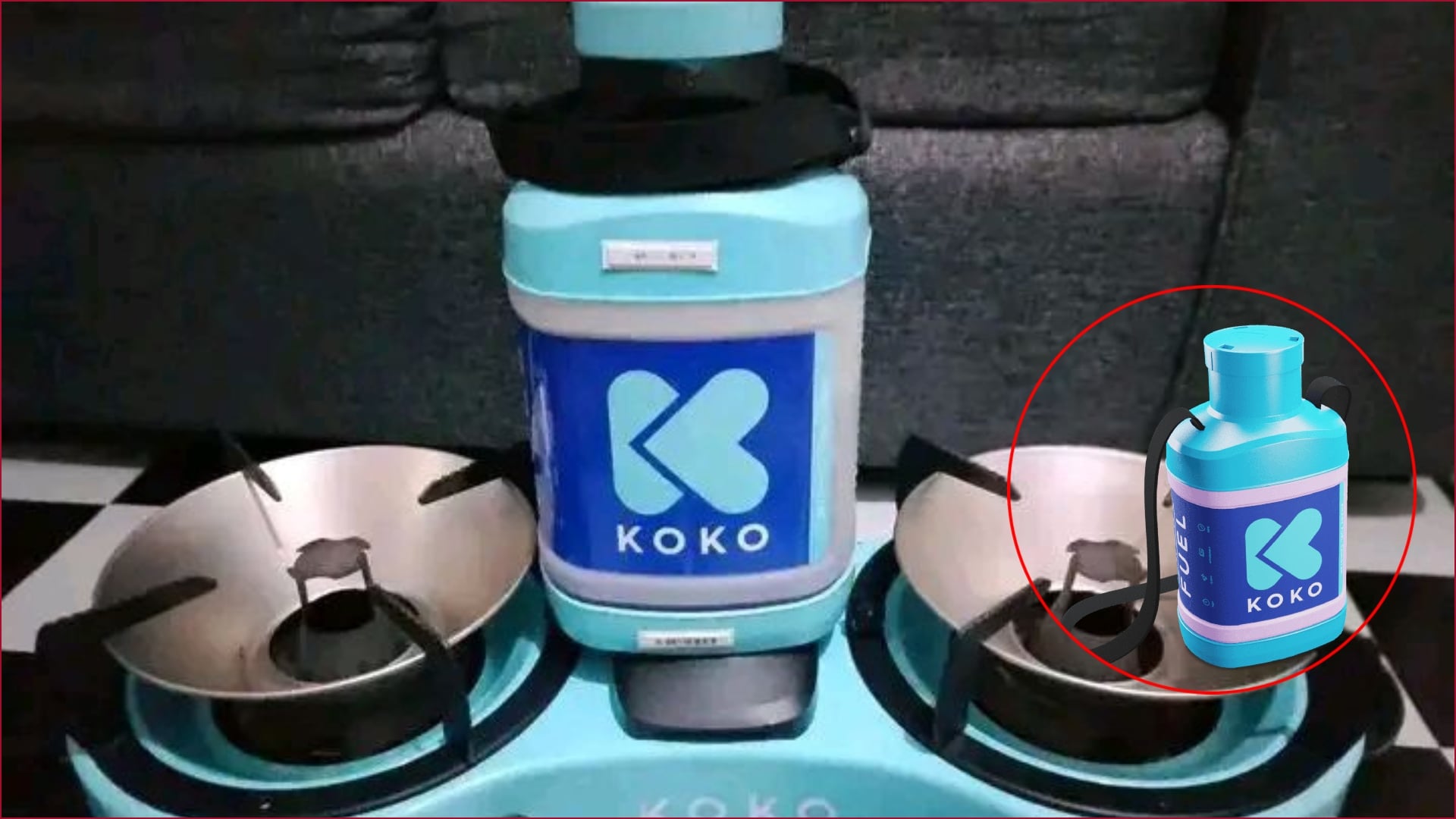The Kenya Bureau of Standards (KEBS) has dismissed claims that Kenya is among the countries facing a risk of methanol poisoning from counterfeit or tainted alcoholic drinks.
In a statement on Wednesday, October 22, KEBS said it had taken note of the media reports and assured Kenyans that there is no cause for alarm.
"The attention of the Kenya Bureau of Standards has been drawn to media reports on a directive that includes Kenya in a list of eight countries with the risk of methanol poisoning from counterfeit or tainted alcoholic drinks," the statement read.
KEBS explained that methanol available in Kenya cannot be mistaken for alcohol since it is treated with a bitter chemical that makes it impossible to consume.
"KEBS would like to assure the public that all methanol in the country is denatured by adding the bitterest chemical called denatonium benzoate. This means that methanol found in Kenya can never be mistaken for alcohol as this component makes its taste extremely bitter for human ingestion," the statement added.
Read More
KEBS added that all methanol, whether produced locally or imported, must adhere to strict standards developed by its Industrial Solvents and Chemical Technical Committee.
These include KS 2471:2013 (methanol for industrial use), KS 2582-1:2014 (safety of chemical products – safety of methanol), KS 2583:2014 (denatonium benzoate in alcohols – test method), and KS 2584:2018 (transport of dangerous goods – operational requirements of road vehicles).

KEBS noted that to prevent abuse, every consignment of methanol must be denatured with denatonium benzoate, except those meant strictly for laboratory use.
"To prevent abuse, all consignments of methanol, whether imported or manufactured locally, as provided in the KS 2582-1: 2014, section 4.1. On prevention of reasonably foreseeable misuse, clause 4.1.6 states that all grades of methanol except those meant for laboratory use shall be denatured with denatonium benzoate to prevent oral intake by vulnerable consumers.
"Further, section 4.1.7 states that when tested in accordance with KS 2583, all grades of methanol except the grades meant for laboratory use shall contain not less than 8 ppm of denatonium benzoate denaturant," the statement further read.
KEBS said these measures are used to issue certification marks and to ensure that methanol meets safety and quality requirements before being approved for industrial use.
"The above standards are used in issuing product certification marks of quality to methanol as well as in checking compliance before methanol is approved for intended use," the statement concluded.
This comes three months after KEBS denied claims that sugar unfit for human consumption has been released to the market.
In a statement on Thursday, July 31, KEBS dismissed claims that contaminated sugar is being sold locally, terming the allegations as misleading.
The bureau noted that locally produced and imported sugar undergoes inspection before being released to the market.
"Our attention is drawn to statements circulating in the public domain alleging that contaminated sugar is circulating in the Kenyan Market.
"KEBS would like to dispel these allegations and ascertain that both locally produced and imported sugar undergo mandatory and rigorous inspection, testing, and certification before release to the market," the statement read in part.
KEBS urged members of the public to disregard unverified and alarming information circulating on social media and other platforms.




-1699083103.jpg)
-1769851083.jpg)
-1684328644.jpeg)
